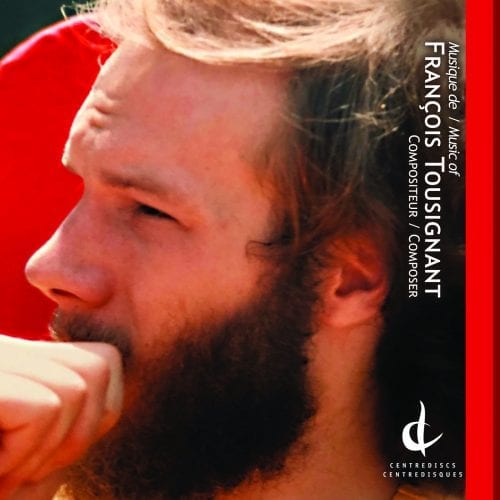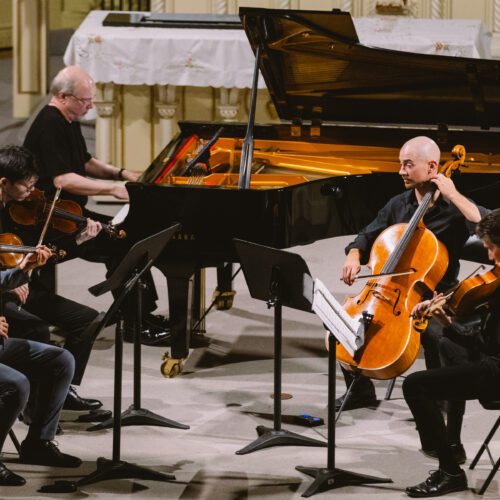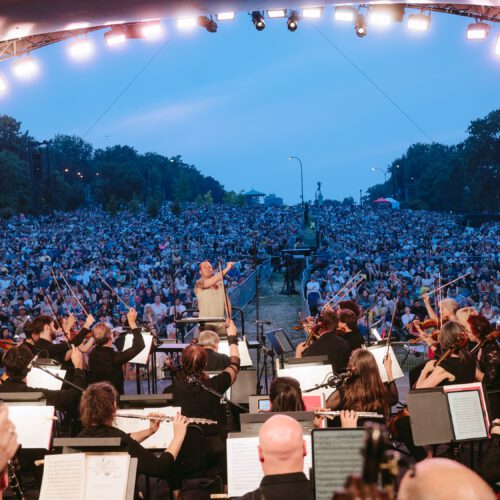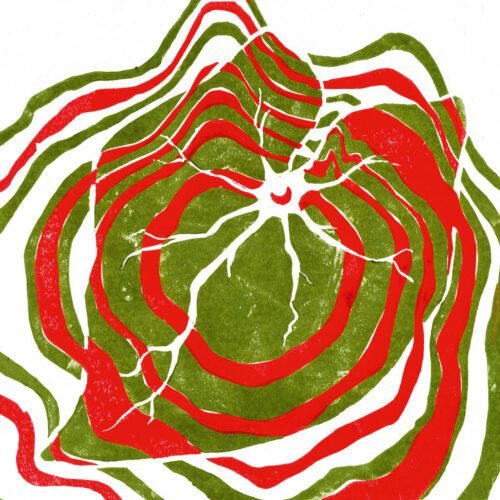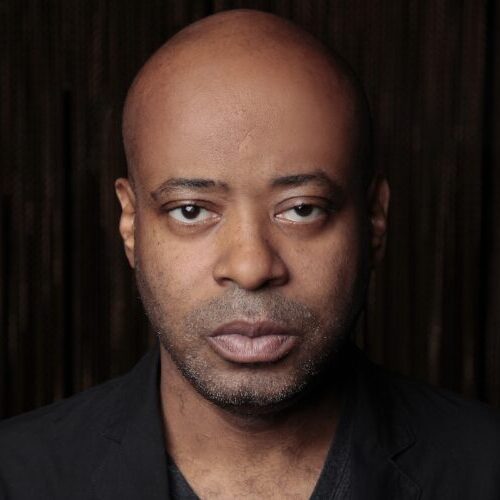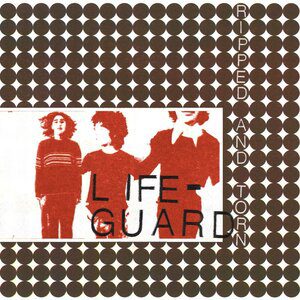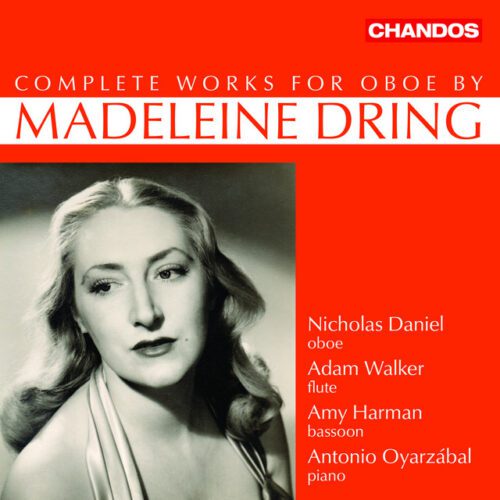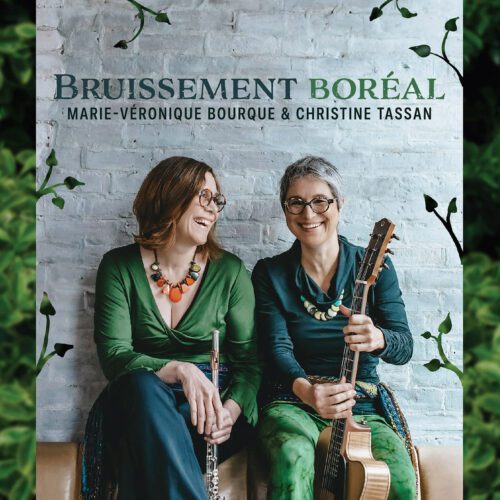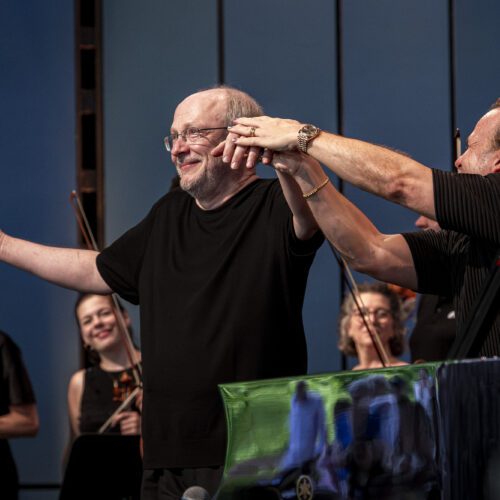François Tousignant is best remembered as music critic for Le Devoir from 1994 to 2005. But we forget that he was above all a composer, and that between 1973 and 1993, and again in 2006, he wrote some forty works that deserve our full attention. You will have noticed that the years of his creative fertility are exactly opposite to those of his career as a critic. A dichotomy that perhaps testifies to the whole character of the man, and his essential integrity. He probably could not, and this is a guess on my part, compose and criticise those who compose and/or perform at the same time.
But the important thing is the music! And what about the music? It too, it seems, is in symbiosis with the character of the artist. Discreet, circumspect, inclined towards interiority, these are obvious traits of this delicate and atonal music.
In Tousignant’s work, aggressive eruptions are rare or, if they are, they are constantly under control. The composer favours pure, very clear and individually uncluttered lines that come together in their complementary individuality. No clumpy mass, never untimely blocks of sound. Always an abstract lace, but skilfully woven and organised, making the light of notes and phrases shimmer in a skilful play of chiaroscuro. One is reminded of Webern, as a primary source of inspiration, but with a more intense sensory experience.

The Paramirabo ensemble responds admirably to the demands of the scores and above all to the absolute clarity of the various instrumental and sometimes vocal voices (Myriam Leblanc and Catherine St-Arnaud, sopranos, and Vincent Ranallo, baritone, join the ensemble in some pieces).
François Tousignant died at a young age, at 63, in 2019. He will not have heard this beautiful tribute, but he would certainly have appreciated the result. The general public will now have the privilege of knowing more about an unjustly unknown aspect of the career of this man who was greatly esteemed by those around him.
